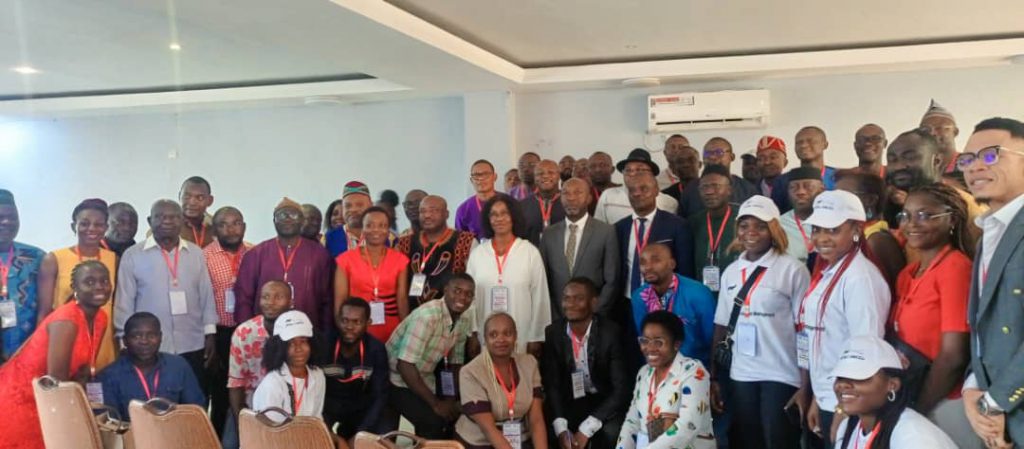
Douala (Cameroon) – December 9 to 10, 2024
The fisheries sector is booming these days due to an ever-increasing demand for quality animal proteins for human consumption. Annual national fisheries production remains well below potential, plateauing at around 295,000 tonnes, or more than 95% of the fishery, for an estimated demand of 500,000t (MINEPIA, 2019). Government policy for the development of this sector, implemented by MINEPIA and other relevant sectors (MINFOF, MINEPDED, MINPAT, etc.), is aligned with the guiding principles of the SND30, with an Integrated Agropastoral and Fisheries Import-Substitution Plan 2024-2026. Indeed, the SND30 projects that by 2030, national fisheries production will increase by 100,000 tonnes, with national fisheries production rising from around 300,000 tonnes in 2024 to 400,000 tonnes/year in 2030 (350,000 tonnes for capture fisheries and 50,000 tonnes for aquaculture). However, the government’s efforts were hampered in January 2023 by the European Union Commission’s “red card” sanctioning the illegal, unreported and unregulated (IUU) fishing activities observed in Cameroon’s fisheries, which result in foreign currency losses of over 20 billion/year. In addition, illegal industrial fishing continues to conflict with artisanal maritime fishing insofar as large industrial trawlers not only overlap with the artisanal fishing zone, thus creating conflicts between actors in these two maritime fishing zones, but also these fisheries illegally encroach on marine protected areas (MPAs). The use of prohibited-mesh fishing gear and poor fishing practices resulting in the capture of small fish and bycatch also remain a major concern. Against this backdrop, the Cameroon Wildlife Conservation Society (CWCS) and its local and international partners have just carried out a national validation of the “Directives sur les aires protégées marines et les Autres Mesures de conservations (AMCEZ) au Cameroun” (Guidelines on Marine Protected Areas and Other Conservation Measures in Cameroon), which is one of the urgent measures to be put in place to improve fisheries management and lift this sanctioning measure. In other words, the sectors involved in fisheries development and their partners are working hard to implement actions that will ensure sustainable fisheries management in Cameroon.
The seminar, held from December 9 to 10, 2024 and organized by the Cameroon Widllife Conservation Society (CWCS) and its partsners (CMN, Universities or Douala and Ebolowa, etc.), therefore aimed to Contribute to the evaluation of measures and methods implemented to eradicate Illegal, Unreported and Unregulated (IUU) fishing and illegal industrial fishing in MPAs. (IUU) and illegal industrial fishing in MPAs, and to promote sustainable fishing. to promote sustainable fishing.
The final report of this seminar is available here.
The book of abstract is available here.
